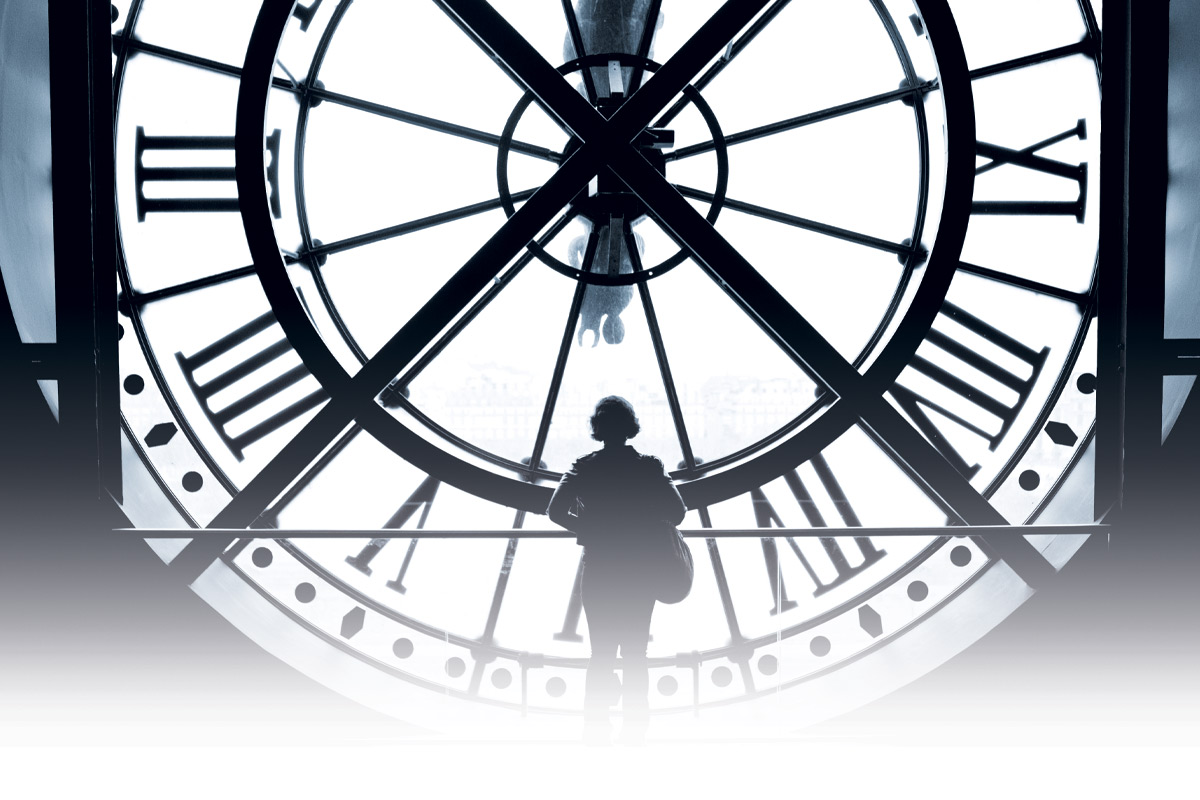
https://nccumc.org/mediacenter/9-things-your-church-can-do-to-fight-racism/
comparing and contrasting the Capitol Riots with the protests affirming Black Lives Matter Too or the Civil Rights Movement, it triggers the realities of racism and its impact on mental health.
Mental Health America states, “Racial trauma, or race-based traumatic stress (RBTS), refers to the mental and emotional injury caused by encounters with racial bias and ethnic discrimination, racism, and hate crime.” Consequently, these encounters or triggers come directly or indirectly. As it relates to directly, it references being on the receiving end of a racist attack. This can occur indirectly or vicariously by watching videos, hearing stories, or through reading books, articles, or blogs.
The memories of George Floyd, Breonna Taylor, Jacob Blake, Mike Brown, Laquan McDonald, Sandra Bland, Philando Castille, Medger Evers, or Emmitt Till continue to trigger concerns about law enforcement. The lies that affirmative action benefited blacks at the expense of whites linger, even though white women remain the greatest beneficiary of affirmative action according to Diverse Education, Huffington Post, and the New Orleans Advocate. Incendiary rhetoric and dog whistles spewed by religious and political leaders perpetuate a divisive and dismissive culture, such as former President Trump, and his administration repeatedly referred to COVID-19 as a Chinese virus.
During the Civil Rights Movement, the Black church served as the foundation and refuge for those engaged in protests to ensure civil rights. The Black church espoused and exemplified the principles of nonviolence that actuated Christ. The Black church raised its voice and spoke truth to power. Despite the trauma of racism, the church had a calming, soothing, and prophetic voice in inspiring faith in God and peace of mind. This seems like a fitting role for the black church, and any church for that matter; can we agree that the church does play a role in mental health?
“The most racist institution in America is the Church,” says Spencer Jones, a Chicago-based evangelist and U.S. missionary with Intercultural Ministries. “If racism occurs in a church, nobody is going to deal with it. We believe if we ignore it, it will go away.” To take it a step further, this is not only appropriate at the local church level, but throughout any denominational structure. When the church fails to address and apply biblical principles to eradicate racism, it emboldens the perpetrators, decimates the victims, and destroys the mental health for both the perpetrators and the victims.
In his book, The Woke Church, Eric Mason laments that the Black Lives Matter organization did not have its foundation in the church. The failure of the church to respond to issues affecting society allowed a secular organization to fill its void, despite the moral and prophetic role of the church in speaking truth to power.
As critical as regular, individual therapy and counseling is to one’s mental health, we cannot excuse the role of the church when it comes to mental health and ensuring the trumpet has a certain sound on conscience and justice issues.